Have you been following the news about the disappearance of Malaysian Airline MH370? I am one among millions who agree that Airplane crashes are one of the most dreadful things to imagine.
What amazes me more is how the airline industry responds to these accidents. They spend billions of dollars to learn a lesson from these accidents.
I am afraid that isn’t the case in the maritime industry.
Let me narrate an incident.
I happen to visit a ship a month after a major incident involving a spill of dangerous chemicals on a chemical tanker. Apart from many other factors, one of the reasons for this incident was heavily leaking manifold valves. Master, chief officer, and duty officer were sacked.
When I visited this ship a few months later, I found, out of 42 manifold valves, around 35 still heavily leaking. The company had spent a lot of money in training their staff but failed to rectify the root cause.
While I agree that the situation in the maritime industry is not as bad as the example above. But it is not as promising as the airline industry.
So why not learn few lessons from air crash investigations, which may equally be applicable to the maritime industry.
In this post, I am highlighting an important lesson that I learned from the investigation of Avianca flight 52. Learning from this incident can make us better decision-makers than we are now. It did make some effect on my decision-making capabilities and I am sure it will do the same to you.
What happened to Avianca Flight 52
On 25th January 1990, at 1508 Hrs LT, Flight 52 left Medellin and was bound for Norfolk in the US. Flight 52 arrived over Norfolk around 1903 Hrs LT.
From 1903 Hrs to 2115 Hrs, the flight had to wait and circle around because of traffic congestion. The problem was that flight 52 was running out of fuel.
The first officer had told the air traffic control about their situation many times. Finally, at 2115 Hrs, flight 52 was given a thumbs up for landing.
But because of reduced visibility, the flight made the attempt to land but could not land. The pilot had to abort the landing. He climbed up again.
Again flight 52 was told that they are no 2 in the row for landing. They had to wait in spite of telling that they are running short of fuel. Finally, when they made the second attempt for landing, the fuel had completely finished.
Avianca Flight 52 crashed near the airport.
Out of 158 people on board, 78 died.
Findings of Investigation report
There was a detailed investigation of the incident and there were a number of findings. But the finding that was really important was this.
Even though the pilot advised the traffic control about their situation repeatedly, but at no point, they used the word “Emergency”. They never said, we have an emergency on board. And because of that, air traffic control could not fathom the graveness of the situation.
Can you imagine? 78 people died because someone did not say the word emergency.
How the findings applicable to the maritime field
If you think there have not been similar incidents in the maritime field, think again.
Similar findings may or may not have been documented in the investigation report. But there have been many such maritime incidents.
Incidents where people lost their lives because Masters did not declare an emergency.
The sinking of an Indian ship in the Bay of Biscay
For example, look at the incident of the sinking of an Indian cargo vessel in the Bay of Biscay in the mid-90s. This vessel was stuck in heavy weather in the Bay of Biscay.
During heavy rolling, lashing of the steel plates loaded in one of the holds gave way. Loose steel plates holed the ship side.
Water started to ingress. Master had enough time to declare the emergency and save many lives. But he insisted that the situation is under control.
He kept people engaged in temporary repair of the irreparable ship side. The result was, few survived but most lost their life including the Master himself.
The sinking of El Faro
The sinking of the vessel El Faro has been in the news for the last couple of years. In Oct 2015, the vessel El Faro sank with its 33 crew members when it was caught in Hurricane Joaquin, near the Crooked Island, Bahamas.
If you haven’t followed the investigation of El Faro, read these reports on the sinking of El Faro.
- El Faro incident
- Doomed El Fargo Captain Ignored 3 Hurricane Warnings Then Told Crew: ‘I’m Not Leaving You’
- “Incredibly moving” audio from Ek Faro’s final hour
In the VDR transcript accessed by NTSB, when Captain Davidson returned on the bridge just three hours before the sinking, this is what he said about the heavy seas
“This is every day in Alaska, this is what it’s like.”
Get it what I am trying to say? He had not declared the emergency yet. Not to himself, not to anyone.
What exactly qualifies as an emergency?
So what exactly are we talking about here? What is an emergency?
We aren’t talking about the sinking of the ship. That would be a distress situation.
And the procedures are well defined for identifying and responding to a distress situation. We are talking about a situation that could lead to a distress situation.
The dictionary meaning of emergency is
an unforeseen combination of circumstances or the resulting state that calls for immediate action
Another definition from another source
The sudden, unexpected, or impending situation that may cause injury, loss of life, damage to the property, and/or interference with the normal activities of a person or firm and which, therefore, requires immediate attention and remedial action.
Immediate action is the common keyword in all the definitions.
Wikipedia has another take on this
Note the line “…many smaller incidents require that an observer (or affected party) decide whether it qualifies as an emergency“.
That is exactly the point of concern. We cannot afford to delay to identify and then declare an emergency when it arrives.
Declaring emergency to yourself
Declaring an emergency does not always mean declaring it to a third party. Sometimes you need to declare an approaching emergency to yourself and take action.
In spite of the approaching hurricane, why do you think the captain of El Faro did not take effective action to avoid the path of the hurricane? That is because he did not declare the emergency to himself.
And when he did declare the emergency to himself, it was too late.
Importance of declaring an emergency
Why is it so important to declare an emergency? Why is it important to use the word “emergency” when we are declaring an emergency?
Simply because the word “Emergency” raises eyebrows and opens eardrums.
For example, I know of one incident where one of the crew members was feeling weak and the master suspected internal bleeding.
When he called CIRM Rome, they also felt likewise. The vessel was arriving in Fujairah in few hours and there were a number of emails requesting medical assistance on arrival.
But look at one of these emails.
The subject line is clear and the text in red left nothing to doubt about what the master wants from the people arranging the assistance.
“We have a sick person on board” and “We have a medical emergency here”.
Which sentence would bring people to action? That’s right !!!
Why people hesitate to declare an Emergency
Never hesitate to declare an emergency. That is a brilliant lesson.
But heck, it is easier said than done.
So let us break down the reasons why people hesitate to declare an emergency and learn few lessons from these reasons.
1) Tag of Incompetent
This, in my opinion, is the topmost reason for choosing not to declare (or delaying to declare) an emergency.
Many believe that declaring an emergency would be perceived negatively. As if they did not handle things well to arrive at this situation.
While this thinking is true in many companies, many times it is just the build-up of our own mind.
Whatever the reason, here is lesson # 2.
When in a situation that warrants declaring the emergency, do not think about after-effects. Do your job and declare an emergency if you are in one.
2) Hiding something
Sometimes people won’t declare an emergency to avoid their mistakes surfacing.
Let us take this example. While loading at a port, a seaman is sent inside a cargo tank that is clean, empty, and gas-free. For some reason, he becomes unconscious inside the tank.
Port will have the best help in this case but the master may delay declaring the emergency.
Master may direct the other crew to rescue him without letting the loading master know or without stopping the cargo operation.
Why?
Because to avoid a fact to surface !!!
That a crew member was allowed to go inside the tank without an enclosed space entry permit, even when it is not allowed while the vessel is at berth.
What would you do in this situation? Would you raise the alarm immediately upon hearing a man unconscious inside the tank?
Heck, it is so easy for me to claim that I will raise the alarm immediately. But in reality, most people would first assess the situation. They would only raise an alarm if it is absolutely necessary.
The best learning (# 3) from this is
Never do something in contrast to the ship’s SMS. Never come under commercial pressure.
Finally, if you find yourself in a situation that arrived because you did something against the SMS, follow lesson no 2 anyway.
3) More paperwork
Few people won’t declare (or delay declaring) an emergency because they think if they do, they will have a heap of paperwork to follow.
Well, that is not always true. Not on ships, not anywhere. For example, here is what an airline pilot has to say about this.
4) More common in category X Shipping companies
So far we have said that
- Declaring an emergency will not always be considered as a reason for your incompetence
- Do not come under commercial pressure
- declaring the emergency will not lead to a heap of paperwork
While all this is right but heck, not always.
If you are sailing with a category X company, you may find that
- people are declared incompetent for declaring emergencies
- there is always commercial pressure and you find it difficult to avoid
- Declaring an emergency lead to a lot of paperwork
So what is a category X company? It is a company that has theory X managers.
Douglas Mcgregor introduced the theory of management. As per him, there are two styles of management. Management style X & management style Y.
Managers with style X think that
- People are lazy, do not wish to work.
- People need to be nudged, pushed consistently to have them work
- If people are not made to struggle, they would be lazy and will not work.
But the managers with style Y have different thinking than the manager with managerial style X.
Managers with style Y think that
- People like to work. In fact, people enjoy working
- If people are given a good environment, they work better and produce amazing results.
People will always be reluctant to declare an emergency in companies with category X managers.
Here is lesson # 5.
If you do not like the style X managers, switch to a company with managers with style Y.
5) People who find difficulty in saying “NO”
A friend asked you for money but you have the money but you too need it. You know you may not get it back easily.
You still could not say No.
Let us discuss another example. Superintendent asked you (the master) to get this job completed by today.
You know it is difficult to complete this in one day. But you find it difficult to say No. And then you push your crew to complete the job.
Ever found yourself in this situation?
Research at the University of California showed that the more difficulty you have in saying NO, the more will you be under stress, even depression and your efficiency will be low.
The same goes with the tendency to declare an emergency in an emergency situation.
The people who find it difficult to say no, are more likely to hesitate in declaring the emergency when they should.
So here is lesson # 6
Conclusion
One of the critical qualities that we need to possess while working in a high-risk industry as shipping is to be decisive.
In emergency situations, being decisive is of utmost importance. We today have so many checklists to help us in dealing with all sorts of emergencies.
But all those checklists are only of use when we declare that we are in an emergency situation.
Even when we have convinced ourselves that we do have an emergency situation, make sure that we convey this to everyone.
Shout it loud and clear by using the word “emergency”. Do not hesitate to say “we have an emergency”.
Share this:

About Capt Rajeev Jassal
Capt. Rajeev Jassal has sailed for over 24 years mainly on crude oil, product and chemical tankers. He holds MBA in shipping & Logistics degree from London. He has done extensive research on quantitatively measuring Safety culture onboard and safety climate ashore which he believes is the most important element for safer shipping.
Search Blog
5 Comments


very well explained sir.. thanx for sharing.

Thank you for sharing. It was useful. You can also visit my blog in related to this post https://towingcompanykingston.com

I really like so many of your blogs! I sail and I am a physician. We in medicine have not embraced the culture of safety to the extent of other high risk professions. Maybe it is because the risk is not usually to ourselves!
Leave Comment
More things to do on myseatime
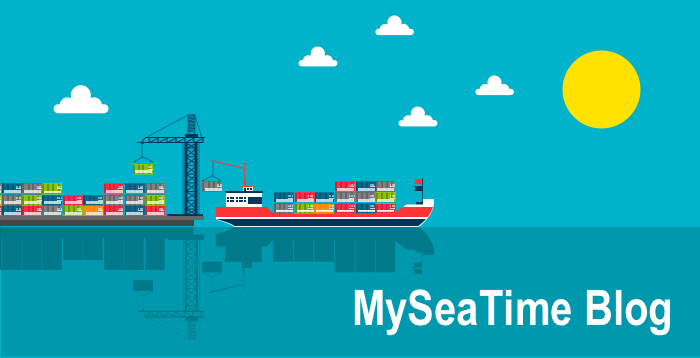
MySeaTime Blogs
Learn the difficult concepts of sailing described in a easy and story-telling way. These detailed and well researched articles provides value reading for all ranks.

Seafarers Question Answers
Ask or answer a question on this forum. Knowledge dies if it remains in our head. Share your knowledge by writing answers to the question

MySeaTime Podcast
This podcast on the maritime matters will provide value to the listeners. Short, crisp and full of value. Stay tuned for this section.

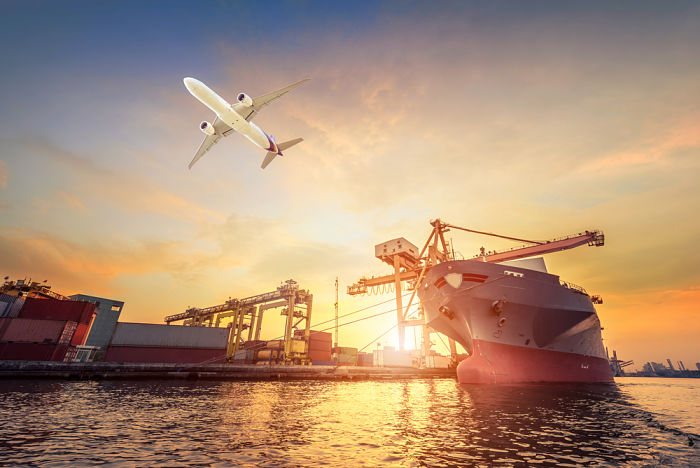

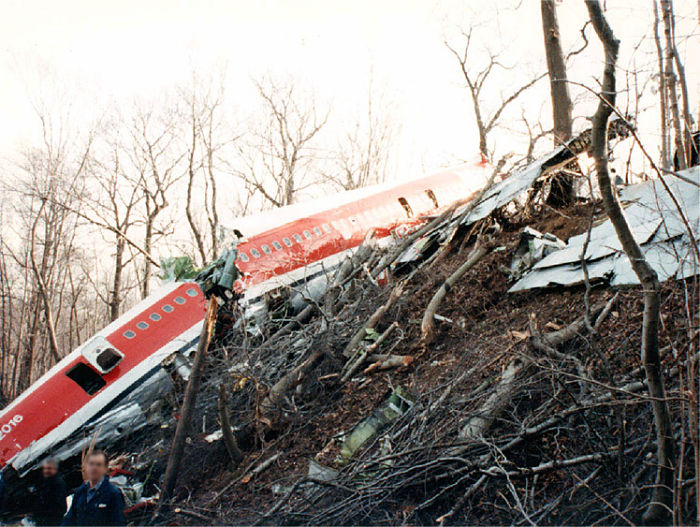
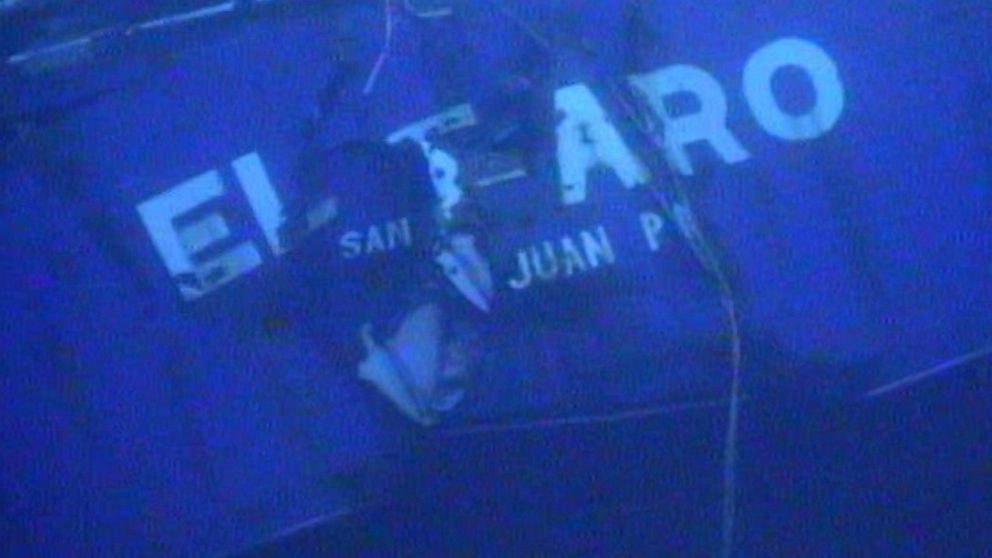
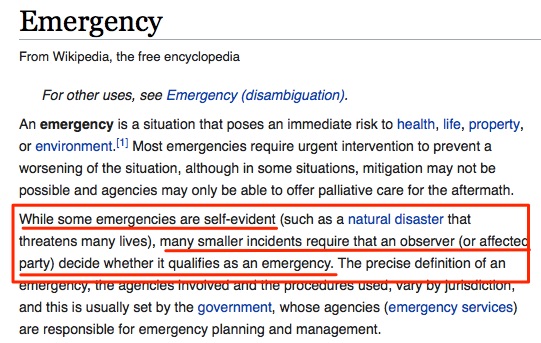
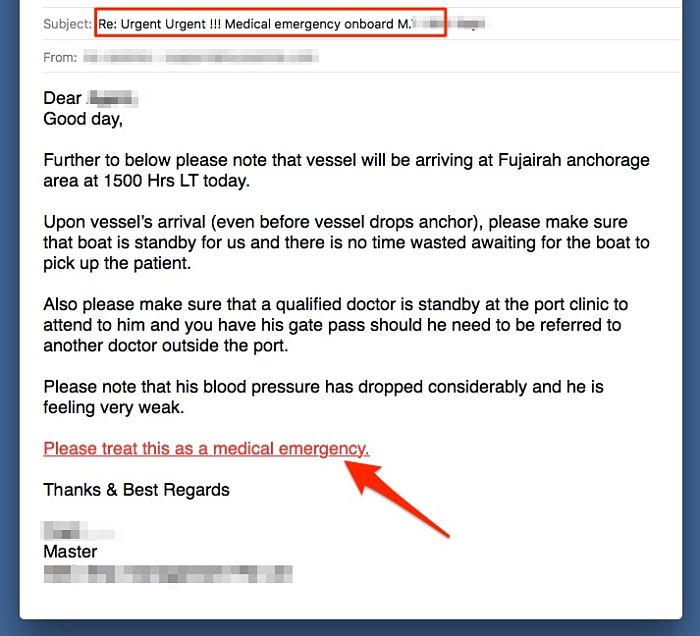
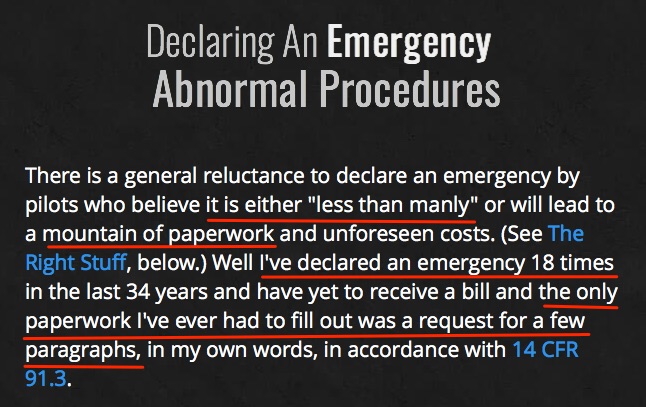


Sir,wonderful topic,always fascinated by your wonderfully explained topics,,,,some other topic..what are the right and expectation of seafarer from mlc,,what are the expectations and what are the rights.....if you please explain
Thanks, Indranil...I will write on MLC soon...